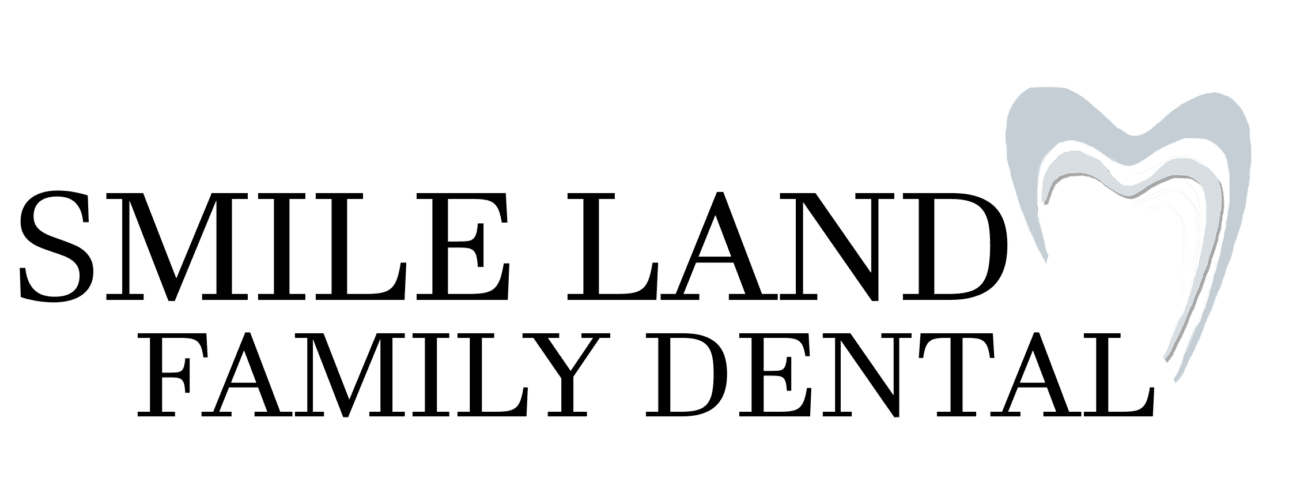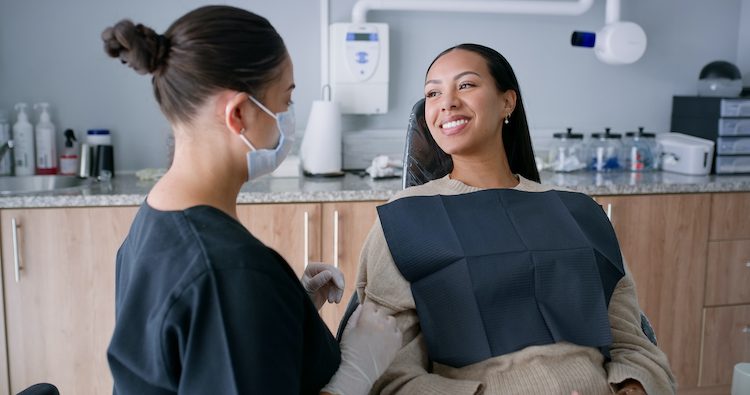Visiting the dentist can cause anxiety for many people. Knowing what to expect could help ease these feelings. Dental cleaning appointments are routine and vital for maintaining oral health. They play a crucial role in preventing tooth decay and gum disease. Understanding each step can ease nerves and prepare you for your visit. This knowledge empowers you to take control of your oral health.
Initial Examination
The dental hygienist begins with a brief examination of your mouth. They use a small mirror to check your teeth and gums. This tool helps them see areas that are hard to reach. They look for signs of gum disease, cavities, or other oral issues. This examination helps identify any areas needing special attention.
If they find significant issues, the dentist may perform a more detailed examination. This initial step ensures that your cleaning is thorough and effective. It sets the stage for the rest of the appointment. The hygienist may also ask about any dental concerns you have. This is the time to mention any pain or sensitivity you are experiencing.
Removing Plaque and Tartar
The hygienist uses a scaler to remove plaque and tartar from your teeth. Plaque is a sticky film of bacteria that forms on your teeth. Tartar is hardened plaque that can only be removed by a professional. The hygienist scrapes these substances from your teeth, especially around the gum line. This process can cause some discomfort, but it is necessary. Removing plaque and tartar is crucial for preventing gum disease and tooth decay.
The hygienist may use different tools to reach various parts of your mouth. This step can take some time, depending on the amount of tartar present. The hygienist works carefully to ensure all areas are clean. This thorough cleaning lays the foundation for better oral health.
Polishing
After removing tartar, the hygienist polishes your teeth. They use a high-powered electric brush and polish. This step removes any remaining plaque and surface stains. The gritty polish may feel strange, but it is safe when done by a professional. This process often leaves your teeth feeling smooth and clean. The polishing helps to remove minor stains and give your teeth a shiny appearance. This step also helps to prevent future plaque buildup. The hygienist might ask you to rinse your mouth several times during this process. This ensures that all the polish is removed. The polishing process is an essential part of the cleaning.
Professional Flossing
Professional flossing removes any leftover debris between your teeth. The hygienist uses a fresh piece of floss for each tooth. This step is crucial even if you floss regularly at home. The hygienist can reach areas you might miss. They also check for any bleeding or gum issues during this step. This professional flossing is often more thorough than at-home flossing. It helps to ensure your gums are healthy and strong. The hygienist may offer tips to improve your flossing technique. They might recommend specific types of floss or tools to use at home. This step reinforces the importance of daily flossing for oral health. It is a key component in preventing gum disease.
Rinsing and Fluoride Treatment
After flossing, you will rinse your mouth thoroughly. The rinse removes any debris left from the cleaning. The hygienist may also apply a fluoride treatment. Fluoride strengthens your teeth and helps prevent cavities. The treatment involves a gel, foam, or varnish applied to your teeth. You may need to avoid eating or drinking for 30 minutes after the treatment. This allows the fluoride to fully absorb into your teeth. This step is a protective measure to enhance your oral health. It is especially beneficial for those prone to cavities.
Final Examination by the Dentist
The dentist performs a final examination after the cleaning. They review the hygienist’s notes and check for any issues. The dentist may recommend further treatments if necessary. This final step ensures that your oral health is in good condition.
The dentist may also discuss any concerns or questions you have. This examination is an opportunity to address any oral health issues. The dentist might suggest preventive measures or treatments to consider. They can provide insights into improving your oral hygiene routine. This final check is vital for maintaining long-term oral health. It offers a chance to discuss any future dental procedures you might need.
Dental Cleaning in San Antonio, TX
At Smile Land Family Dental, we are committed to your oral health. A routine dental cleaning schedule can help maintain your oral hygiene and prevent dental complications. Contact our office today to schedule your next cleaning and take charge of your dental health.

